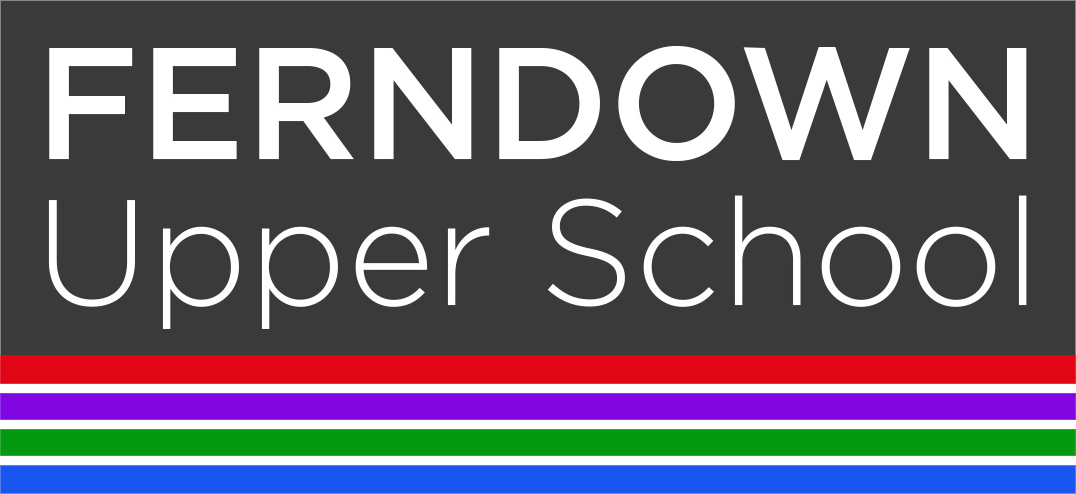Examining Board: AQA
The business world affects everyone, both at work and in our leisure time. This course gives students the knowledge of how modern business works. It also develops the skills students will need to operate effectively both in work and as a consumer. The course has a wide range of areas in the syllabus and is an attractive and “real” course which links closely with the world outside school.
What You Will Be Studying:
The course studies all aspects of business. From the basic concepts of why businesses exist and their types, the course looks at ownership and the running of a business, including finance, marketing, motivation and organisation. External influences and pressures are also explored and take in the areas of government, trade unions, pressure groups and business ethics.
How You Will Learn:
Due to the nature of the course, students will learn in a variety of ways. Many real world examples of actual businesses will be studied, looking at business case studies and current business news. Students will get the opportunity to participate in mock business situations, such as pitching new project ideas.
There will also be book work, guided by a textbook and other relevant materials. Students will need to learn and carry out simple mathematical business formulas and be able to write structured long mark answers developing analytical and evaluative skills.
How You Will Be Assessed:
2 written exam papers:
Paper 1: Influences of operations and HRM on business activity
1 hour 45 mins
50% of qualification
Paper 2: Influences of marketing and finance on business activity
1 hour 45 mins
50% of qualification
Students opting for this course will not be able to opt for the alternative vocational Business Studies course.
Contact: Ms C. Juddery – Head of Business Studies
Business Studies Curriculum Content of each academic year
Year 9 | |
Course | Content |
KS3 National Curriculum NOT APPLICABLE | |
How its assessed: |
|
Year 10 | |
Course/ Exam Board | Content |
GCSE – AQA Cambridge National Certificate in Enterprise and Marketing – OCR | Business in the Real World; Influences on Business; Human Resources; Business Operations
RO65 Controlled assessment unit – Design a Business Proposal RO64 Exam unit – Concepts of Enterprise and Marketing |
How its assessed: | GCSE: End of topic tests; Internal end of year exam (Paper 1 – Influences of operations and HRM on business activity. Cambridge National: Controlled assessment unit assessments; external RO64 exam |
Year 11 | |
Course/ Exam Board | Content |
GCSE /AQA Cambridge National Certificate in Enterprise and Marketing / OCR | Marketing; Finance; Revision
RO66 controlled assessment unit – Market and Pitch a Business Proposal |
How its assessed: | GCSE: End of topic tests; mock exam; final GCSE exams (paper 1 and paper 2) Cambridge National: R066 controlled assessment unit assessments |
Year 12 | |
Course/ Exam Board | Content |
A-level business / AQA | Unit 1: What is business? Unit 2 : Managers, leadership and decision making Unit 3: Decision making to improve marketing performance Unit 4: Decision making to improve operational performance Unit 5: Decision making to improve financial performance Unit 6: Decision making to improve human resource performance |
How its assessed: | End of topic tests; internal continuation end of year exam (AS paper 1) |
Year 13 | |
Course/ Exam Board | Content |
A-level business studies / AQA | Unit 7: Analysing the strategic position of a business Unit 8: Choosing strategic direction Unit 9: Strategic methods: how to pursue strategies Unit 10: Managing strategic change |
How its assessed: | End of topic tests; mock exam; 3 external A-level exams |
Careers in Business Studies
Taking any business based subject will prepare you for a job in a huge variety of sectors. Wherever you chose to work, be it in a multinational company, a small local company, or if you chose to start your own enterprise, you will be working in a business. Not only do you gain an understanding of how businesses operate, but you will learn valuable transferrable skills in business studies including analysis, communication and practical problem solving skills.
Business subjects will lead to careers and jobs in a huge variety of companies working in all kinds of departments. For example, you may work in sales and marketing, production/operations, human resources or in finance. In the local area, there are a number of both global financial institutions and retailers that are big employers and are keen to employ those with business skills. These include JP Morgan, Barclays, LV and Lush. Additionally, large organisations such as the NHS are always looking for qualified managers with business skills and experience. You may also chose to start your own business, maybe turning a hobby you love into a career. Business studies subjects will equip you with the knowledge to be able to do this.
Labour Market Information (LMI)
It is really useful to look at the labour market when considering a career related to business studies. Many sectors related to business are areas of growth in terms of employment opportunities. For example jobs in business and related associated professions are projected to grow by 6.3% over the period to 2027, creating 10,200 jobs. In the same period, 50.4% of the workforce is projected to retire, creating 80,900 job openings.
The LMI for All portal provides high quality, reliable LMI information – see link below: https://www.lmiforall.org.uk/
Learning Pathways
Post-16: A level in business studies/accounting/economics, Level 3 BTEC or other vocational qualifications in business studies/management.
Degree ideas: Business Management, Business Analytics, Film Business and Entrepreneurship, International Business Management, Business and Events Management
Apprenticeships – available in areas such as Business Adviser, Chartered Accountant, Data Analyst/Data Scientist, Supply Chain Manager, Project Manager. Local businesses such as JP Morgan will often offer apprenticeships in a variety of areas within their company.

